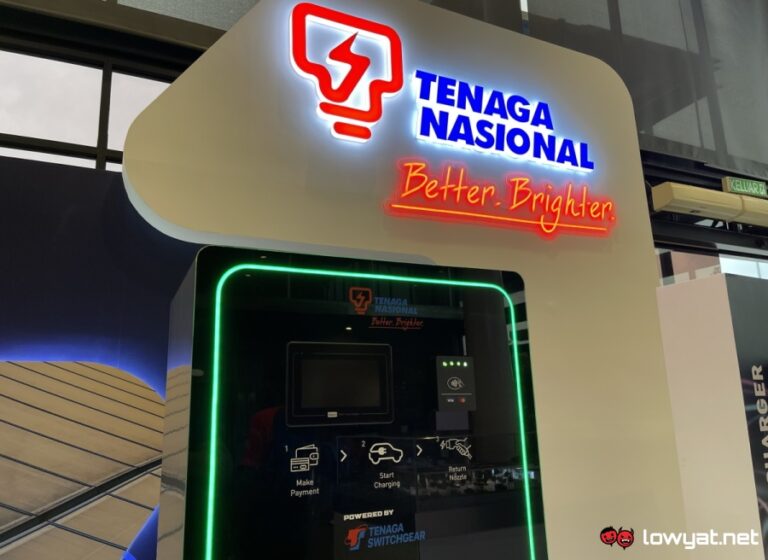In the upcoming quarter, Tenaga Nasional Bhd is poised to launch Malaysia’s first utility-scale battery energy storage system (BESS) pilot project, with a capacity of 400 megawatt-hours (MWh). This initiative marks a significant step forward in addressing the intermittency challenges associated with renewable energy (RE) in the country.
This will be managed by the national utility outfit and overseen by the Energy Commission. This pilot project is a strategic move to bolster the nation’s energy transition efforts and enhance the resilience of the electricity grid network. The Ministry of Energy Transition and Public Utilities emphasized the importance of this project in supporting Malaysia’s clean energy aspirations.
The integration of battery storage is becoming increasingly essential as Malaysia seeks to leverage more renewable energy sources, particularly solar power. Solar energy’s variability, dependent on weather conditions, necessitates reliable storage solutions to ensure a consistent electricity supply during periods of low or no sunlight. This pilot project will provide valuable insights into the feasibility and effectiveness of BESS in addressing these challenges.
Despite the recognized importance of battery storage, its high cost has been a barrier to widespread adoption. Integrating battery storage into solar projects, for example, could significantly increase project tariffs, posing financial challenges for developers and offtakers. However, the government’s push for renewable energy adoption has prompted a closer examination of the role and financing of battery storage infrastructure.
In a recent interview, outgoing TNB president and CEO Datuk Seri Baharin Din highlighted the substantial storage requirements, estimating that around 500MW of storage capacity would be needed for every 1GW of solar capacity. This underscores the scale of investment required to fully integrate renewable energy into Malaysia’s energy mix.
The global trend toward BESS installations reflects Malaysia’s efforts, with recent projects commissioned in various countries, including the Philippines, the United States, and China. These developments highlight the growing recognition of battery storage as a critical component of modern energy systems worldwide.

